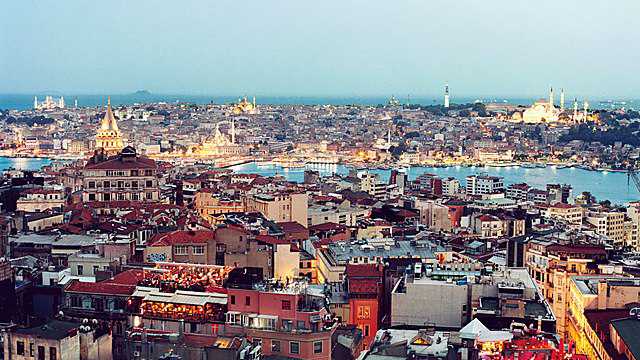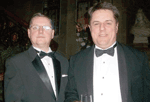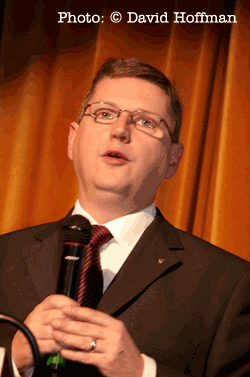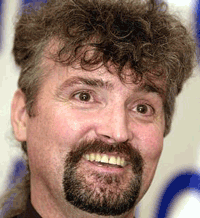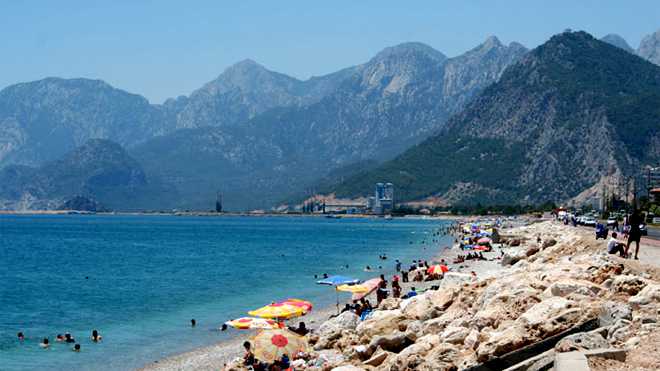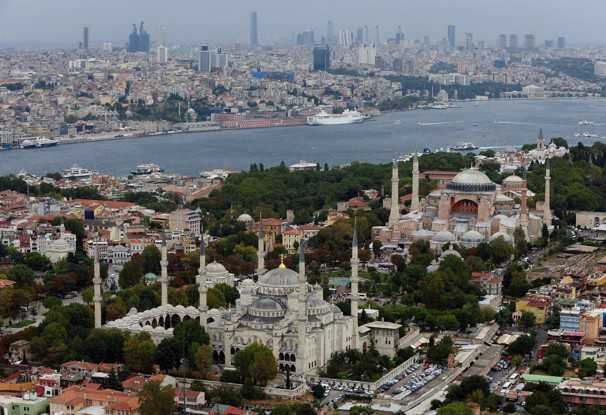The Guardian reports on wikileaks cables regarding the position of the Catholic Church on Europe’s Christian character and its unease with Turkey joining the EU. (the cable is here.)
The problem is that, while the article on this matter is clear and largely accurate, the headline: “Pope wanted Muslim Turkey kept out of EU” is grossly incorrect.
In 2004, then Joseph Cardinal Ratzinger (now Pope Benedict) spoke out against allowing Turkey to join the European Union. This position was not that of the Church as a whole. Indeed, a cable from that year says that “Acting Vatican Foreign Minister equivalent Monsignor Pietro Parolin told Charge August 18 that the Holy See remained open to Turkish EU membership.”
Contrary to what The Guardian implied, then, it seems clear to me that until he became pope, Ratzinger’s views on Turkey were not reflective of Vatican policy, and after he became Pope his stance changed dramatically in Turkey’s favor.
Ratzinger and others were, in 2004, attempting to have the European Union acknowledge the Christian roots of Europe, and they were afraid that Turkey’s accession might make that declaration less likely. (Since so much of European history (including all the Greek philosophers, Jewish thought on social justice, Irish and Norse mythology, the lives of the Roman emperors until the 4th century CE, not to mention the long centuries of Arab Spain and the Muslim-dominated Balkans) happened outside a Christian framework, this position seems to me invidious.
That the Vatican remained “open” to Turkish membership even after Cardinal Ratzinger became Pope is clear from a subsequent cable. The remaining reservations expressed by Vatican officials derived, at least as presented by Parolin, not from worries about the ancient Christian character of Europe, but concerns that Turkey’s human rights record needed to be reformed before it was admitted. From the Vatican’s point of view, Turkey’s Christians were badly mistreated, and their condition was just short of open persecution.
On becoming Pope, Benedict appears fairly rapidly to have changed his earlier hard line position, to the point that his nuanced neutrality on the issue of Turkish accession to the EU could be misunderstood by Turkish Prime Minister Recep Tayyip Erodogan as wholehearted support. The “pope expressed his hope for ‘ “joint Christian and Muslim action on behalf of human rights” and emphasized his hope that Turkey would be a “bridge of friendship and of fraternal cooperation between the East and West.” ‘ By 2006, as well, the US was hopeful that Pope Benedict could be a positive force for Turkey integration into Europe.
Those hopes were not realized. Pope Benedict declared the Vatican officially neutral on the Turkey issue, since the Vatican is not an EU member state. The State Department cable speculated that “The Vatican might prefer to see Turkey develop a special relationship short of membership with the EU.” But if the Vatican was declining to push for this point of view and was actively neutral, this private wish is irrelevant in the world of diplomacy. If your official stance is neutrality, then that is your public position and others cannot abrogate it for you.
I see these cables as the evolution of Cardinal Ratzinger from a key Vatican official concerned with ideology to a pope aware of his global responsibilities, who backed off opposition to Turkey joining Europe and declared a studied neutrality on the issue even while admitting pros (Turkey could be an interlocutor for largely Christian Europe with the Muslim world) and cons (for Turkey to join without implementing religious freedom would endanger this key value for all EU states).
That is, my reading of the documents and the evolution of the Ratzinger position leads me to a conclusion precisely the opposite of the one implied by the Guardian’s headline. In fact, you only wish the Christian Right in the US was as capable of mature reflection on such issues and as willing to be pragmatic as this Pope.
via Cardinal Ratzinger Moderated Opposition to Turkey Joining Europe on Becoming Pope: Wikileaks | Informed Comment.

